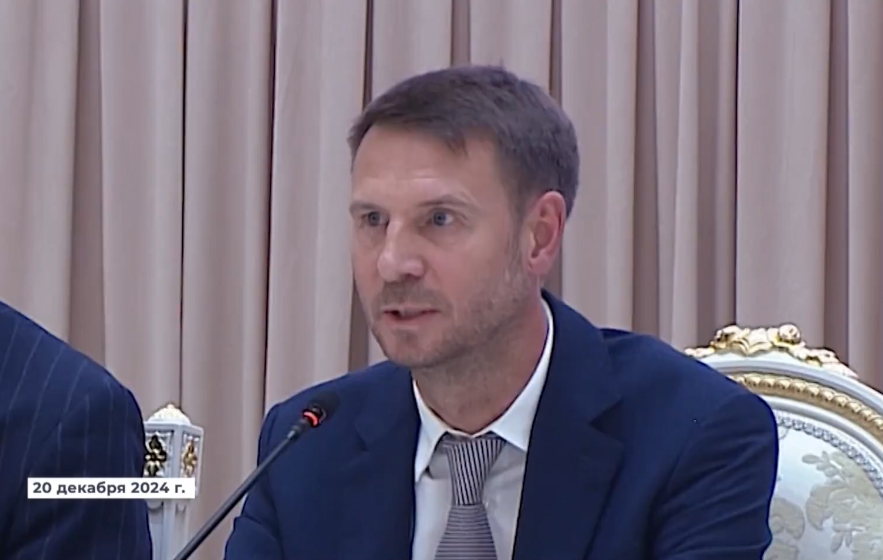This article is also available in:
Русский (Russian)
Uzbek
Cybercriminals in Uzbekistan have started creating fake Telegram accounts posing as high-ranking officials, including ministers, heads of government agencies, and politicians. Their goal is to deceive subordinates and business partners by issuing fake orders, requesting money transfers, or demanding solutions to certain issues. Fake accounts have already been detected under the names of the Minister of Health, the head of the Tax Committee, and leaders of several political parties.
How Does the Scam Work?
Cybercriminals create fake accounts and channels, impersonating well-known politicians, ministers, and government officials. Recently, the following individuals reported such incidents:
- Alisher Kadirov, head of the Milliy Tiklanish party;
- Asilbek Khudoyarov, Minister of Health, along with other senior officials from the Ministry of Health;
- Aktam Khaitov, leader of the UzLiDeP party.
The Ministry of Health confirmed that fake accounts were used to send false and illegal instructions to responsible employees. The ministry warned all staff to remain vigilant and pay special attention to information security. Officials emphasized that fake accounts can be identified by several signs:
- No message history – conversations start from scratch;
- Restricted information – profiles are limited in access;
- Inability to make video or audio calls from such accounts.
Moreover, scammers have begun targeting entrepreneurs and tax service employees by sending messages under the name of Sherzod Kudbiyev, Chairman of the Tax Committee.
“In social networks, particularly through a Telegram account, messages are being sent under my name. I urge everyone to stay vigilant – this is a scam. I remind tax officials that all work orders must be issued exclusively through the electronic document management system,” Kudbiyev stated.
Why Have Scammers Chosen This Method, and Why Is It Effective?
This scam tactic has proven successful for several reasons. First, people trust the names of high-ranking officials and heads of government agencies. Their orders and instructions are rarely questioned, and subordinates tend to follow them without suspecting deception.
Second, messaging platforms like Telegram have become standard tools for work communication in both government and commercial sectors. Quick messages are perceived as part of the usual workflow.
Finally, there is a psychological effect: when employees receive a message supposedly from their superior, they feel pressure to fulfill the request, fearing the consequences of refusal.
The Challenge of Fake Accounts in Uzbekistan
The use of fake accounts for fraud poses a new challenge for information security in Uzbekistan. In an environment where trust in leadership is crucial for effective governance, such attacks can disrupt the functioning of government institutions and harm businesses. Combating this issue requires both personal vigilance and systematic measures at the agency and corporate levels.
The article may contain inaccuracies as it is translated by AI. For more details, please refer to the Russian version of the article. If you notice any inaccuracies, you can send corrections via the Telegram bot: Uzvaibik_bot.











